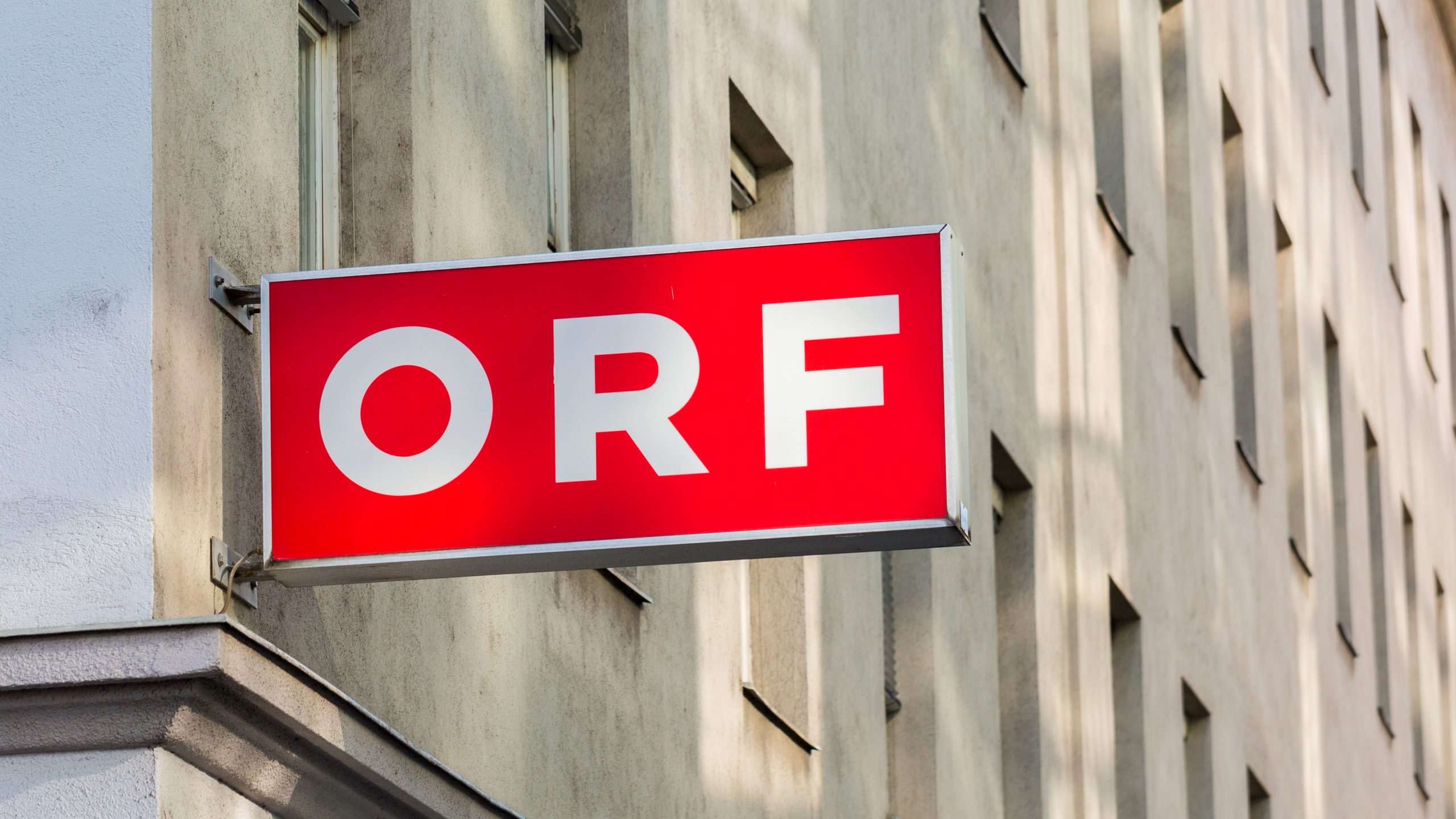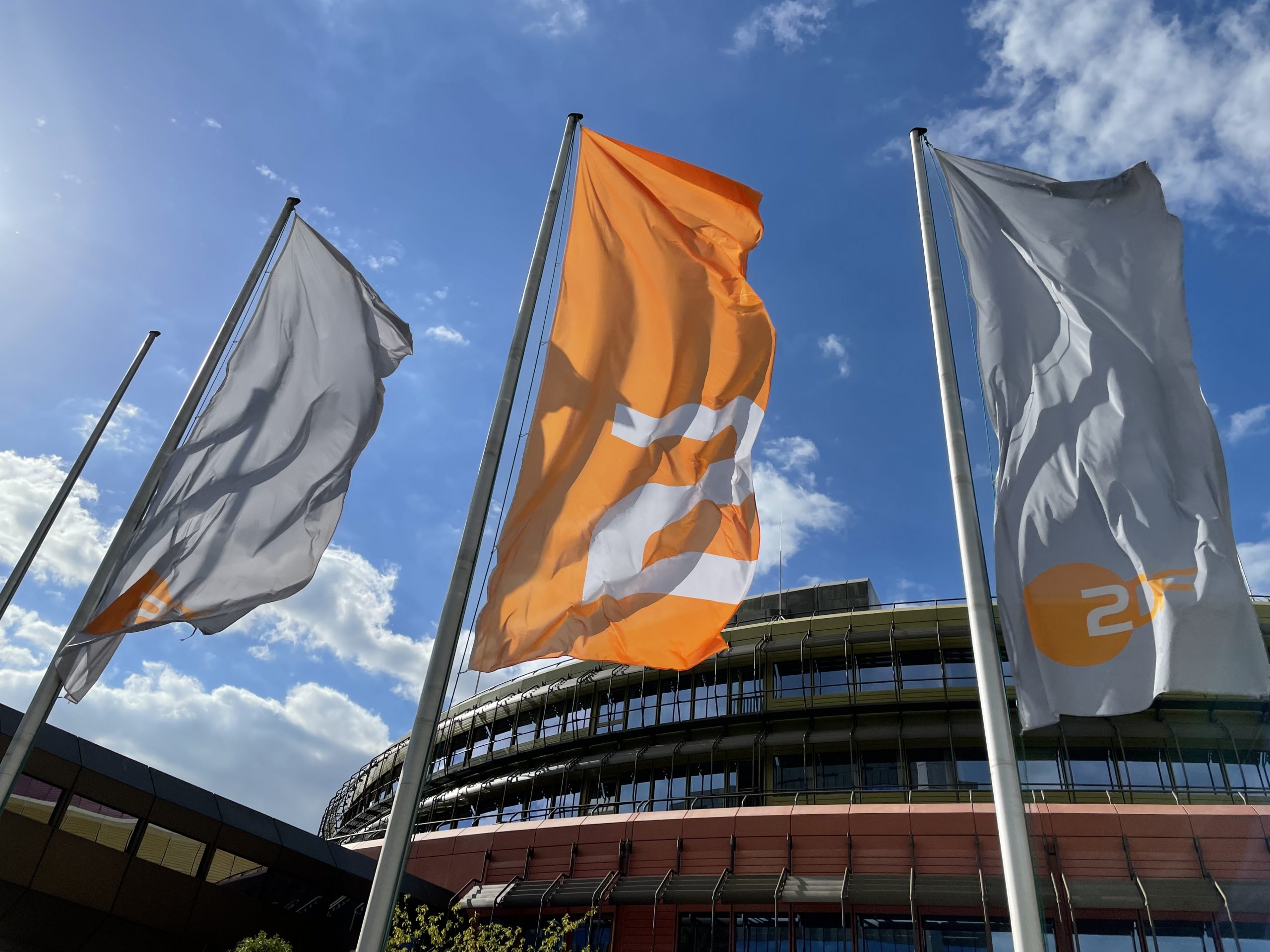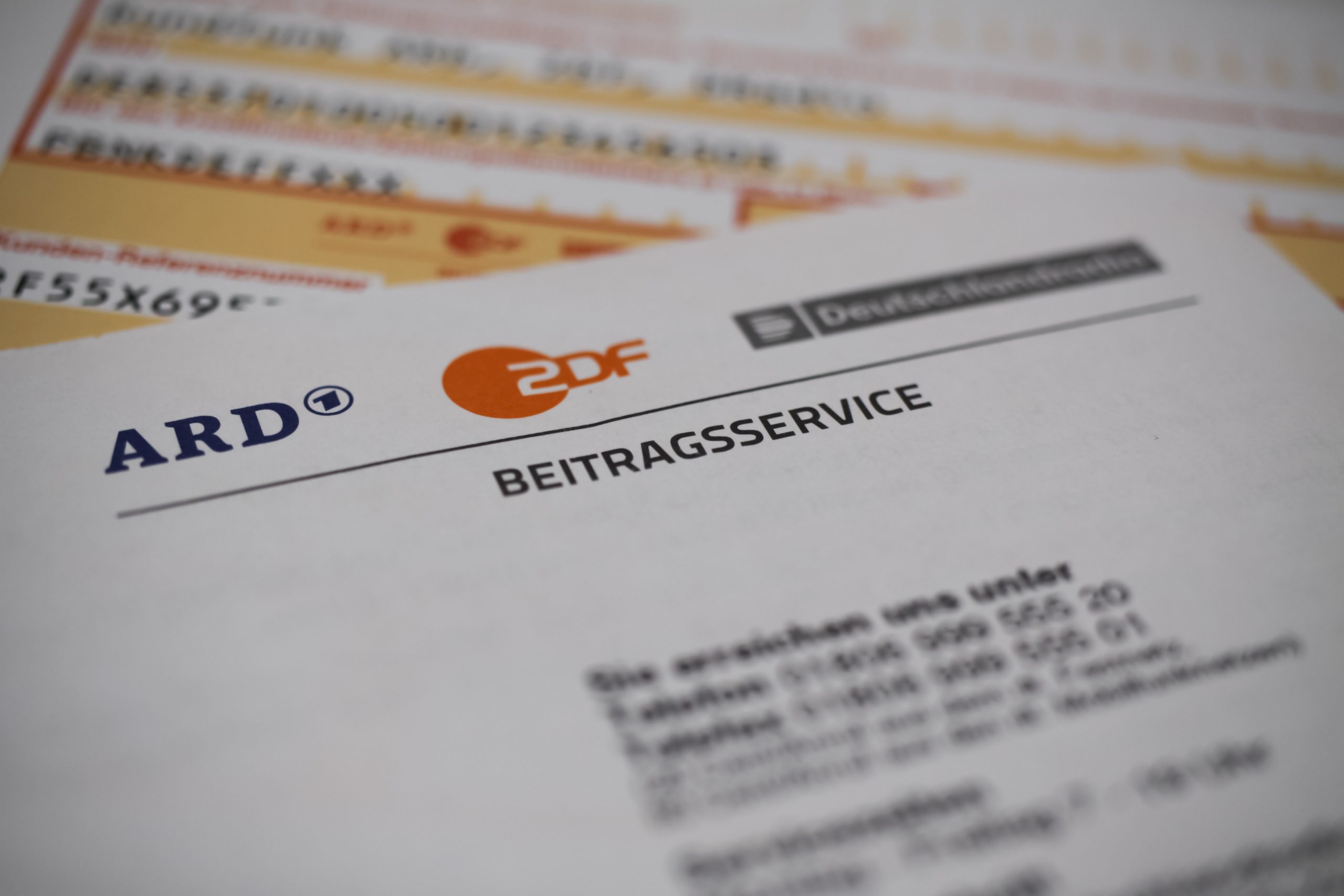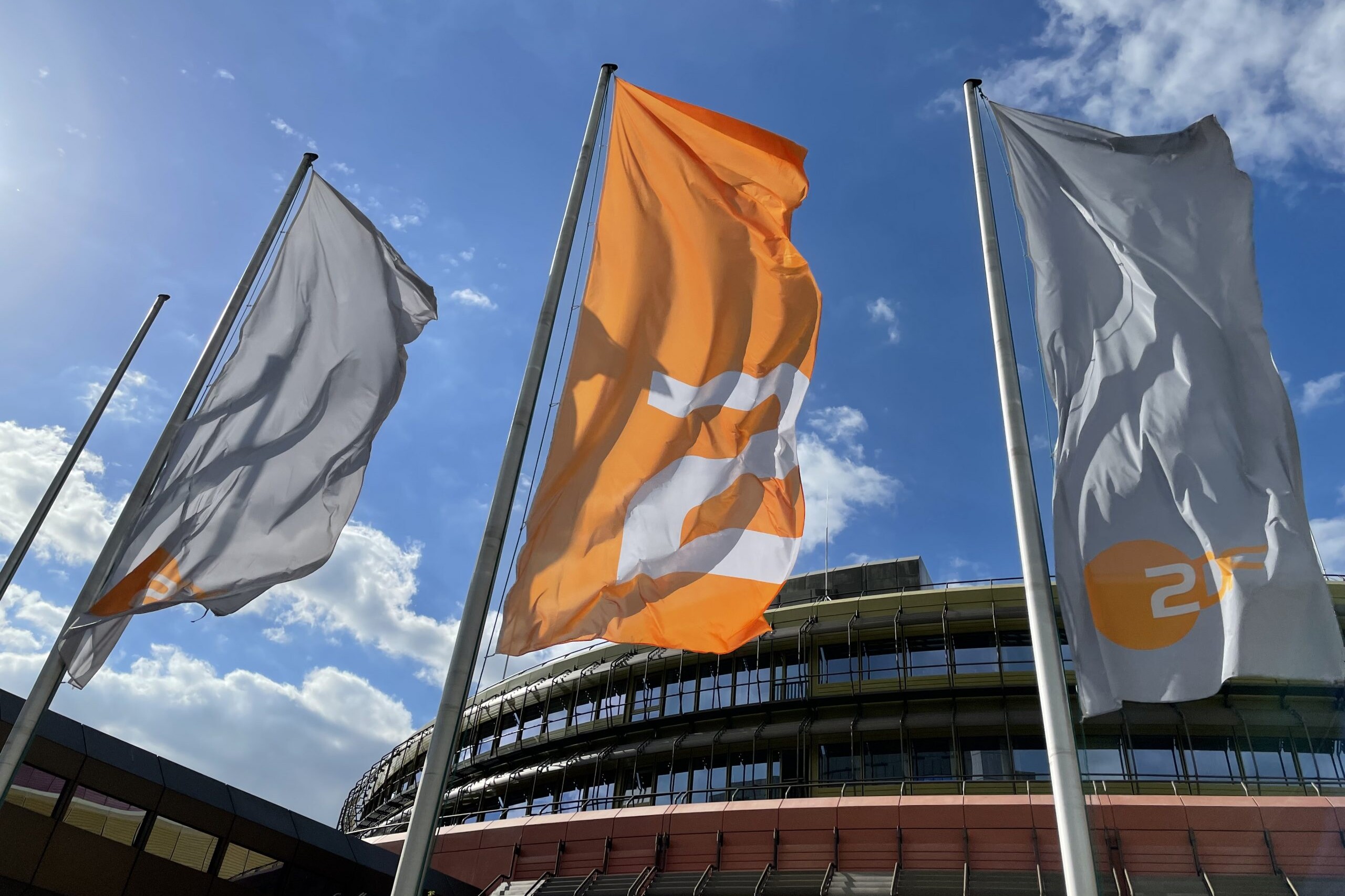INSIGHT
How German-speaking PSM are facing fundamental reform
30 April 2025
Across German-speaking countries, there is a movement to fundamentally change public service media. Former head of international relations at ZDF, Dagmar Skopalik, analyses the situations in Austria and Germany.

By Dagmar Skopalik, Former Head of International Relations, ZDF
Austria: New government, New ORF Law
It could have been worse, some people at ORF may well have thought, when the amendment to the ORF law recently passed the Austrian Parliament. It had been introduced by the new governing coalition of the conservative ÖVP, the social democratic SPÖ and the novice to government, the liberal NEOs.
It could have been worse, if the coalition negotiations between the ÖVP and the right-wing populist FPÖ had been successful, which were initially held after the parliamentary elections. The FPÖ wanted to abolish the financing of the ORF through the household levy altogether, cut the broadcaster’s budget considerably and fund it henceforth from the government budget. This would have reduced the ORF to a skeletal broadcaster and increased its dependence on government policy.
This is not what happened. However, the new government is also imposing another drastic austerity programme on the ORF. Furthermore, the composition of the ORF supervisory bodies will be reorganised.
New Composition of Supervisory Bodies
In the future, the government will only delegate six instead of the previous nine members to the 35-member Board of Trustees, which elects the ORF director general and approves budget and structural decisions as well as the appointment of top personnel.
Additionally, the government will have to pay more attention to professional qualifications and professional balance when selecting its board members. The government now appoints half of the 28 members of the Public Council, which makes recommendations and proposals on programmes. Previously, it assigned 17 out of 30 members on this body.
With these changes, the coalition partners are implementing a ruling by the Constitutional Court, which had already determined in autumn 2023 that the appointment rules for the ORF supervisory bodies were unconstitutional, as they gave the government too much weight and too much decision-making leeway in both supervisory bodies. But there are complaints that these reforms still only meet the minimum requirements.
A new Board of Trustees and a new Public Council will now be installed and take up their work on 17 June 2025. It remains to be seen whether the new rules will put a stop to the long-lamented politicisation of the supervisory bodies.
Latest Insights
ORF must make further Savings
What is clear in any case is, that the law amendment will leave the ORF with a large budget shortfall, as the household levy will be frozen until 2029. In January 2024, the previous “GIS fee” – or licence fee – was switched to the new model, according to which the fee is now payable per household and no longer depending on a radio or TV device. Although the new fee of €15.30 per month was around €3 less, the ÖVP, which was in government with the Greens at the time, linked it to the demand for significant savings measures. As a result, the ORF launched a savings programme of €325 million by 2026. As the current fee amount will now remain the same, i.e. not even adjusted to inflation, the dry spell on the revenue side will be extended for a further four years. The ORF budget plan for 2025 provides for €1,010 million revenues, €685 millions of which will come from the household levy.
ORF director general Roland Weißmann commented that the ORF’s financing is still secure but spoke of a difficult path that the broadcaster will have to take in the coming period. He forecast that a further €320 million would have to be saved by 2029, in terms of programming and personnel.
“The ORF is facing another very tough austerity package – but at the same time, the primary goal remains clear: the alliance with the audience must be further expanded even in economically difficult times so that the ORF remains the media service that Austria trusts the most in the future.” – R. Weißmann, dg ORF
Major ORF Reform in the Pipeline
The amendment to the law is only the prelude to an overall reform of the ORF. The government programme from February outlined what further reforms could involve. The goals of the reform include strengthening citizen participation and further developing the public service mandate, but above all creating ‘a leaner ORF with the best quality’. How it envisages this ORF in concrete terms the government intends to work out over the course of the legislative period.

Germany: PSM – More cooperation, and a drastic diet for TV and radio
PSM in Germany are also to become leaner and more efficient according to the will of the prime ministers of the federal states, and the broadcasting reform treaty that they recently adopted. Unlike in Austria, it is not the federal government that is responsible for media policy, but the 16 federal states, Bundesländer, and their prime ministers.
With this reform treaty, they are now setting the direction where the PSM in Germany should be heading: closer cooperation between ARD and ZDF online with their channels and programmes. The recipe of the media politicians: strengthening quality of content while limiting their quantity – and to keep on saving costs.
Abolition and Merger of Channels
The package of cuts includes both radio and television channels. The radio programmes of the nine ARD stations (ZDF does not operate radio) are to be reduced from 70 to 53.
In TV, this does not affect the main channels, but rather the so-called ‘special-interest channels’ for specific target groups and with thematic focuses. In future, there will only be two channels each for information, education and documentaries, for which ARD and ZDF will be jointly responsible. Instead of the four special-interest channels – ZDFinfo, the ARD special-interest channels Tagesschau24 and ARD-Alpha, and the jointly operated channel Phoenix – two offerings shall remain. ARD’s Channel One and ZDFneo are to be merged into a joint offer for young adults. Structurally, these measures are likely to hit ZDF harder than ARD, which has a large number of linear offerings with its regional channels. The ZDF channels ZDF Neo and ZDF Info, on the other hand, have a far greater reach and audience acceptance than ARD’s special-interest channels.
There will be no changes to ARD and ZDF’s children’s channel KiKa or Funk, the online offering of both channels for 14-29-year-olds.
The Franco-German cultural channel ARTE and the joint channel, focusing on culture and education, 3sat of the German partners ARD and ZDF, the Austrian ORF and the Swiss television SRG are also affected. According to the broadcasting reform treaty, the content of 3sat is to be transferred to ARTE with the long-term aim of developing Arte into a European-wide cultural platform.
The PSM have until 1 January 2027 to implement these requirements, as media policy leaves the difficult and complex task of these mergers and cancellations to ARD and ZDF. The case of ARTE and 3sat comes with the additional task to find an agreement with European partners. The most vehement criticism in the run-up was that abolishing 3sat would primarily cut back on cultural and scientific content. The year 2033 marks the end of the reform. From then on, the new focus channels shall be available non-linear only.
Listen toour podcast
Uncovering and exploring the biggest
issues facing public media
Joint platform system of PSM
A joint streaming platform which would bundle all PSM content has been repeatedly discussed in the past. It has also been criticised just as often, especially for branding reasons. The broadcasters were afraid – and rightly so – that their offerings would no longer be recognisable as ZDF or ARD programmes. One look at big streaming platforms such as Netflix is enough to realise how difficult it is to design an abundance of offerings in such a way that users can find them. This would be even more true for the content of PSMs, as this goes far beyond fiction and entertainment.
With the state treaty reforms, such a PSM super media library is now off the table. Instead, there is a mandate to create a joint platform system on which not only the existing media libraries of ARD and ZDF can be operated. It should also be possible for third-parties to network their offerings with it – a platform system on an open-source basis and with freely accessible software. If this proves successful, a public service communication space could be the outcome. But there is still a long way to go.
At a panel discussion at the Media Conference Mitteldeutschland, PSM director generals recently stressed that ARD and ZDF have been working on this already. There, ZDF director general Norbert Himmler emphasised the advantages of an open and progressive platform system compared to Netflix, Amazon and Co. with their closed-shop systems, and invited others to join.
“Let’s go to such a platform together, in which we can all participate in terms of content and technology, but where everyone can keep their own area, their own brand. Then, we would also have a wide distribution among the population.” – N. Himmler, dg ZDF (Media Days Central Germany, 2 April 2025)

The problem with the similarity to the press
The issue of how much and what text PSMs are allowed to publish on their online services has been a media policy long-runner since the advent of online offerings, and has been brought before the court more than once. It is the print media sector, especially the newspapers publishers, who see their business model as threatened. They argue that the PSMs are too text-heavy in their online offerings thus leading to competitive distortion, disruption of the free press market and jeopardising the diversity of the press in Germany. After the requirements for the PSMs were temporarily somewhat relaxed, they are now being tightened again with the broadcasting treaty reform.
Now, what PSMs publish on their own portals or online services may no longer be “press-like” (presseähnlich). Only “broadcast-accompanying” (sendebegleitend) texts are permitted, and news headlines must include accompanying real-time reporting and factchecks.
The impact on the digital services of ARD and ZDF, which offer additional textual information to accompany news videos, for example, is likely to be considerable, quite apart from the additional workload of checking every textual publication to determine whether it is “broadcast-accompanying” or “press-like”. Quite a few critics think that these requirements are a throwback to the past. The internet is a cross-media medium per se and newspaper publishers are also present there, meanwhile, with text, video and audio content. In any case, you don’t have to be a clairvoyant to assume that this issue will continue to be a source of conflict.
What about the cost savings?
The minister presidents of the federal states also expect the broadcasters to make further savings, as quickly and as much as possible. However, this cannot realistically be expected in the short term, especially as organisational and technological changes also cause costs, initially.
When it comes to finances, broadcasters are currently concerned with their largest revenue item – the household levy. The independent finance commission KEF, which is responsible for determining its amount, had proposed increasing the household fee by €0.58 to €18.94 per month from January 2025. The prime ministers were unable to agree on this fee increase, with two state representatives rejecting it. However, unanimity is a prerequisite for the household fee to come into force. Instead, they decided to freeze the household fee for two years.
ARD and ZDF then decided to appeal to the Constitutional Court. Their concern is not the amount of the contribution. For them, it is the principle as Florian Hager, Chairman of ARD, emphasised once again in a recent interview:
“The procedure for setting the household fee is a political decision. Politics formulate our mandate, and we respect that. We also accept the financing model. The procedure for setting the licence fee was created to prevent political influence. This applies above all in the event that we ever find ourselves in times when political forces are involved in who potentially might want to abolish us completely. This procedure safeguards our independence from the state. We have taken legal action because we do not want this procedure to be damaged or weakened.” – F. Hager, epd medien 16.4.2025
It is not yet clear, when the ruling of the Federal Constitutional Court can be expected. Until then, ARD and ZDF will not only have to start implementing the new reform broadcasting treaty, but also continue to make savings.
The cases of Austria and Germany are not isolated exceptions, but part of a broader development. Although the media policy framework and financing models differ from country to country, PSM is under pressure everywhere, whether in Europe, Canada or Australia.
Competition, especially from internationally active and financially strong media giants such as Google, Amazon and Meta, and with them from social media, is becoming increasingly fierce. And politicians argue that in times of economic crisis and overall shrinking budgets, it is not reasonable to expect from citizens to pay higher contributions for PSM. At the same time, however, PSMs should continue to fulfil their mandate for society also in the future. But how this public value can be delivered in times of profound changes and financial constraints is a crucial challenge for PSM and asks for many questions yet to be answered.
About the author

Dagmar Skopalik is the Former Head of International Relations at the German public broadcaster ZDF. She was also ZDF’s first equal opportunity officer, and was a member of the European Commission’s Steering Committee for Equal Opportunities in Broadcasting and the European Equal Opportunities Network. She is currently a freelance consultant and journalist.
Related Posts
7th May 2024
ZDF and ARD start open source initiative for shared streaming network
ZDF and ARD start a collaboration on…





